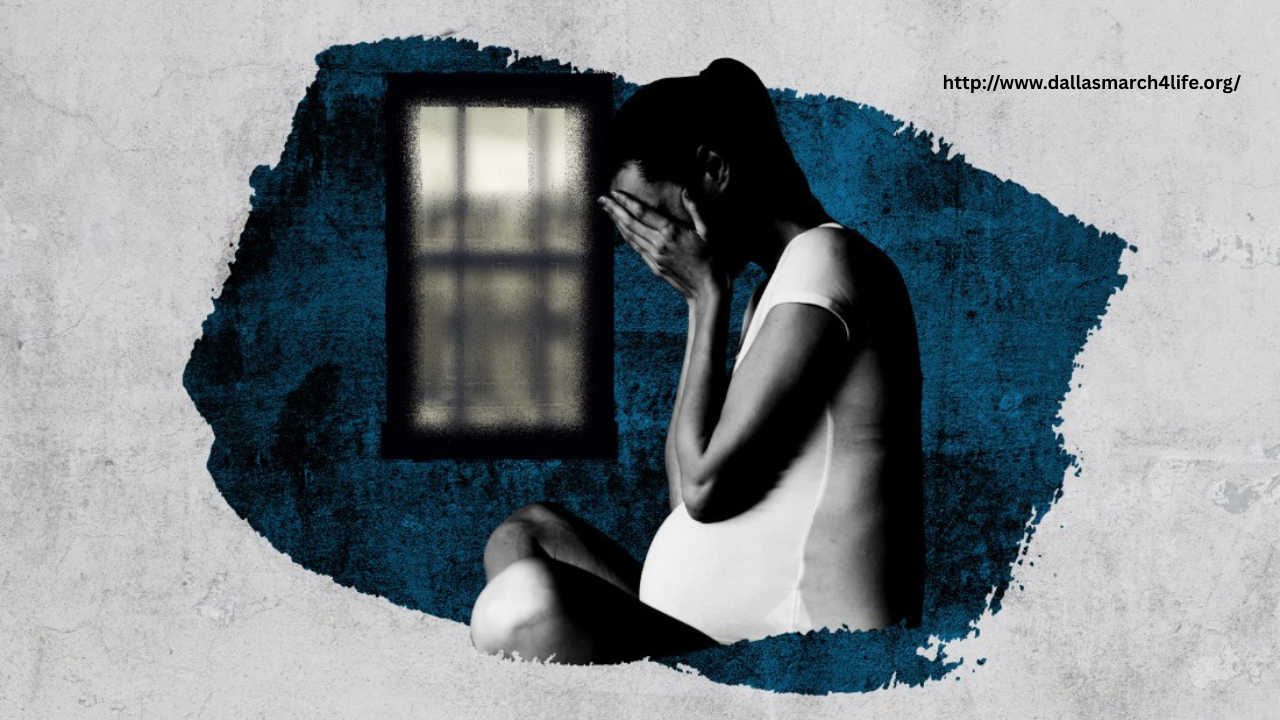
The term Post-Abortion Syndrome (PAS) has been used to describe a set of emotional and psychological symptoms, such as depression, anxiety, and regret, that some women reportedly experience following an abortion. While this concept has gained traction in certain circles, it remains highly controversial and is not universally accepted by the medical and psychological communities. So, is Post-Abortion Syndrome a legitimate mental health condition, or is it a product of misinformation and stigma?
The Origins of Post-Abortion Syndrome
The idea of Post-Abortion Syndrome emerged in the 1980s and 1990s, with some anti-abortion advocates claiming that abortion could lead to long-term psychological harm. PAS was presented as a specific disorder, similar to Post-Traumatic Stress Disorder (PTSD), involving symptoms such as guilt, depression, anxiety, and emotional instability following an abortion.
Despite the widespread use of the term, PAS has not been recognized as an official medical condition by major psychiatric or psychological organizations, including the American Psychiatric Association (APA) and the American Psychological Association (APA). These organizations have found no scientific evidence to support the existence of a distinct syndrome triggered by abortion itself. Rather, they emphasize that emotional reactions to abortion are complex and vary from person to person.
The Truth About Abortion and Mental Health
While Post-Abortion Syndrome as a medical condition lacks recognition, research does suggest that some women may experience emotional distress after an abortion. However, this distress is not universal, and the extent of emotional difficulty depends on a variety of factors. These include pre-existing mental health conditions, the level of support from family and friends, cultural or religious beliefs, and the circumstances surrounding the pregnancy.
A key study published by the American Psychological Association (APA) in 2008 found that abortion is not inherently linked to mental health problems. In fact, the study concluded that, for most women, the emotional outcomes of abortion were similar to those of women who carried an unwanted pregnancy to term. Women who had strong social support and were confident in their decision tended to report fewer emotional difficulties, while those who experienced coercion or felt ambivalent about the decision were more likely to experience psychological distress.
Why Does Post-Abortion Distress Happen?
The emotional reactions that some women experience after an abortion can be attributed to several factors, including:
-
Pre-existing Mental Health Conditions – Women with a history of depression or anxiety may be more prone to emotional distress after abortion.
-
Coercion or Pressure – Women who feel pressured into having an abortion, either by their partner, family, or society, may experience heightened feelings of regret and guilt.
-
Stigma and Judgment – The stigma surrounding abortion can lead to feelings of isolation, guilt, or shame, which may worsen emotional well-being.
-
Lack of Support – A supportive environment is crucial to emotional recovery. Women who lack emotional support or who feel isolated may struggle more with their feelings.
The Bottom Line: No Recognized Syndrome
Despite the emotional struggles that some women may face after an abortion, the idea of Post-Abortion Syndrome as a distinct, medically recognized condition remains unfounded. Emotional distress is real for some individuals, but it is often the result of personal, situational, and social factors rather than the abortion itself.
Conclusion
Post-Abortion Syndrome is a concept not supported by mainstream medical research, but emotional distress after abortion is real for some individuals. Understanding that emotional reactions to abortion are highly individual, influenced by multiple factors, and not a direct result of the procedure itself, is key to providing compassionate care and reducing stigma. Women who experience distress following an abortion should be offered mental health support in a non-judgmental, supportive environment.
